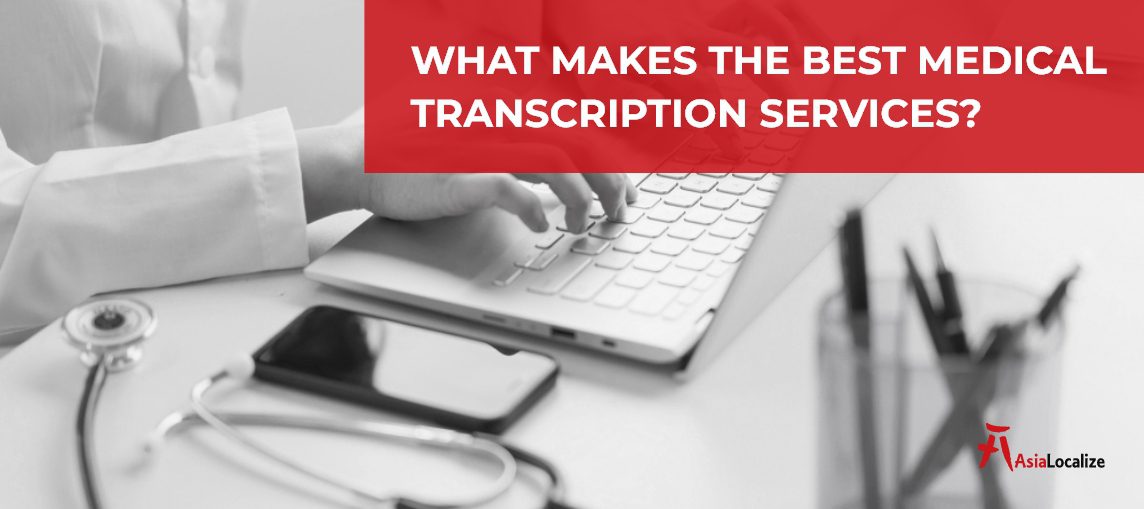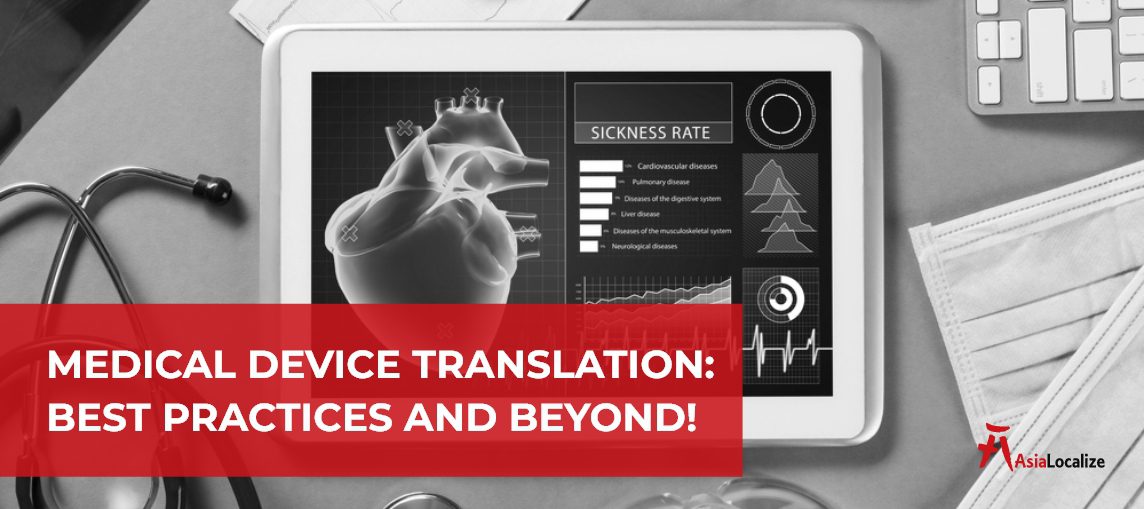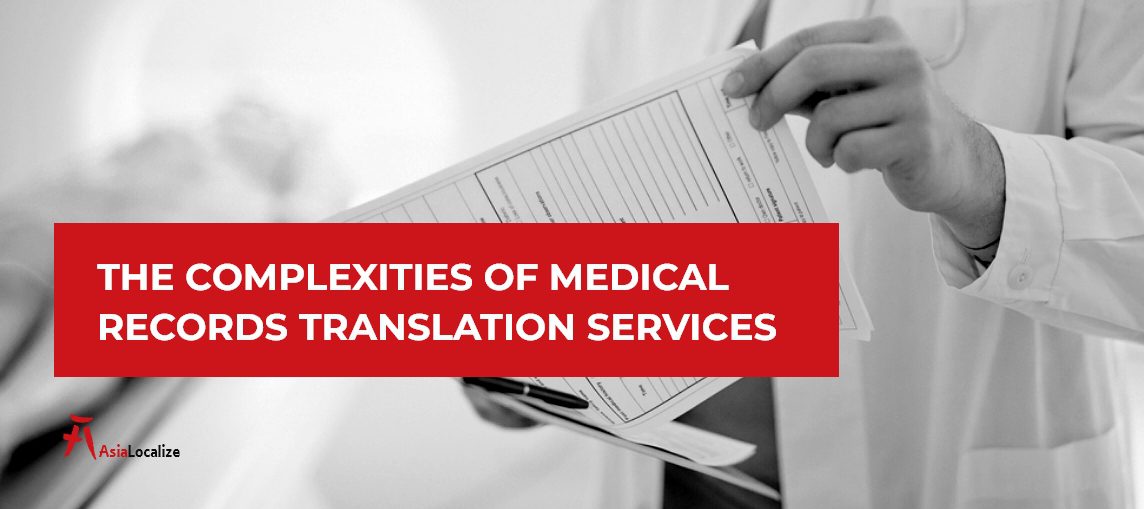Life Sciences Translation Services
- Home
- industries
- Life Sciences Translation Services
Life Sciences Translation Services
ISO-Certified Life Sciences Translations for Unrivaled Quality!
When translating life sciences’ highly technical and sensitive content, there is no room for mistranslations or inaccuracies. At AsiaLocalize, we consider accurate translation and localization service a prerequisite to competence.
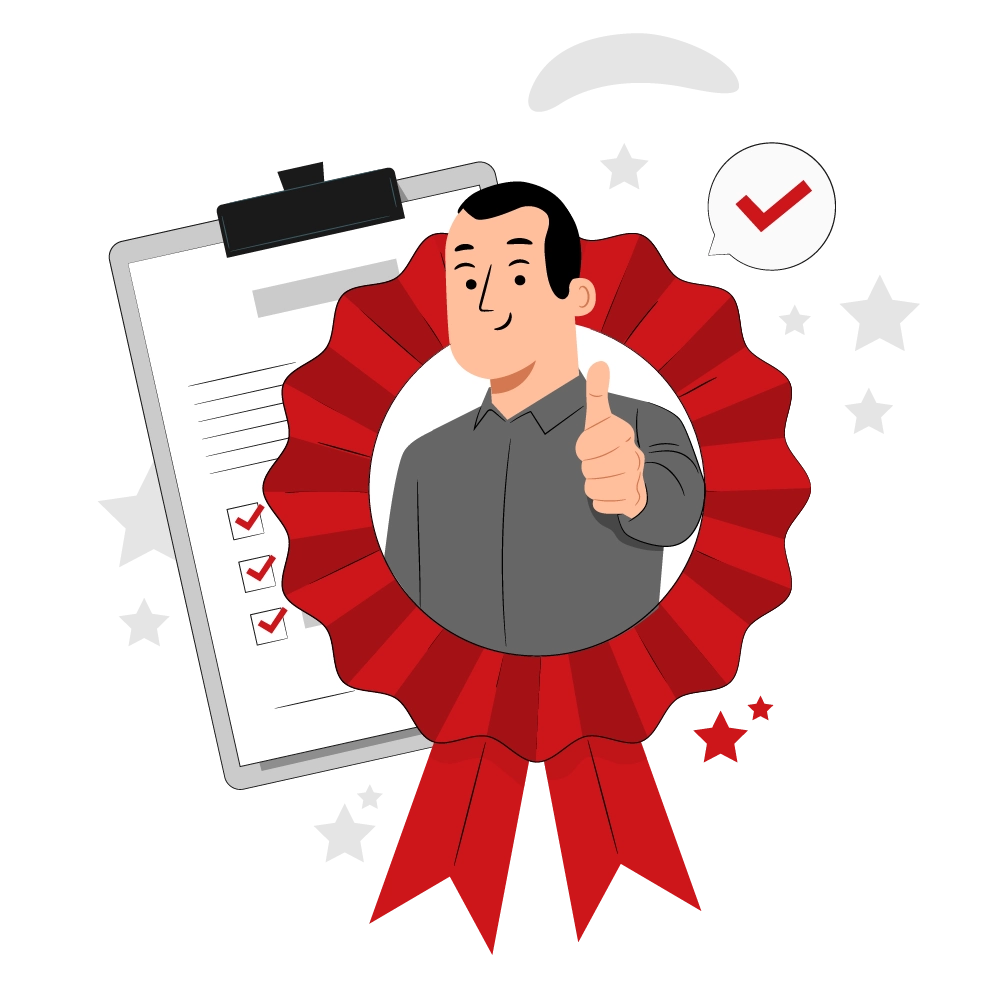
Our Life Sciences Translation Solutions: No Room for Error
In the life science sector, while effective communication can save millions of lives, a translation error can endanger the same number of people.
With over 12 years of experience in life science and medical document translation services, we strive and work towards the aim of providing multilingual accessibility to life sciences content in health, medicine, agriculture, food science, and the pharmaceutical industry.
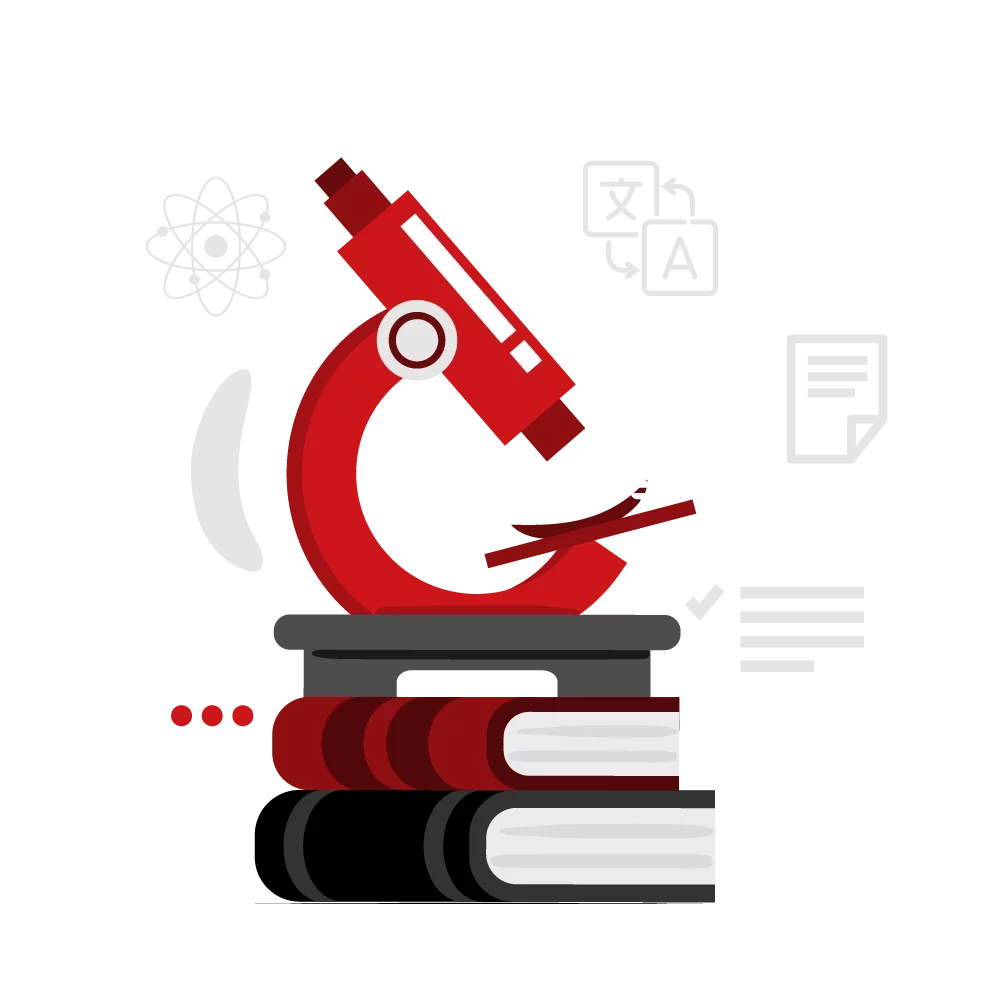
Types Of Documents We Translate
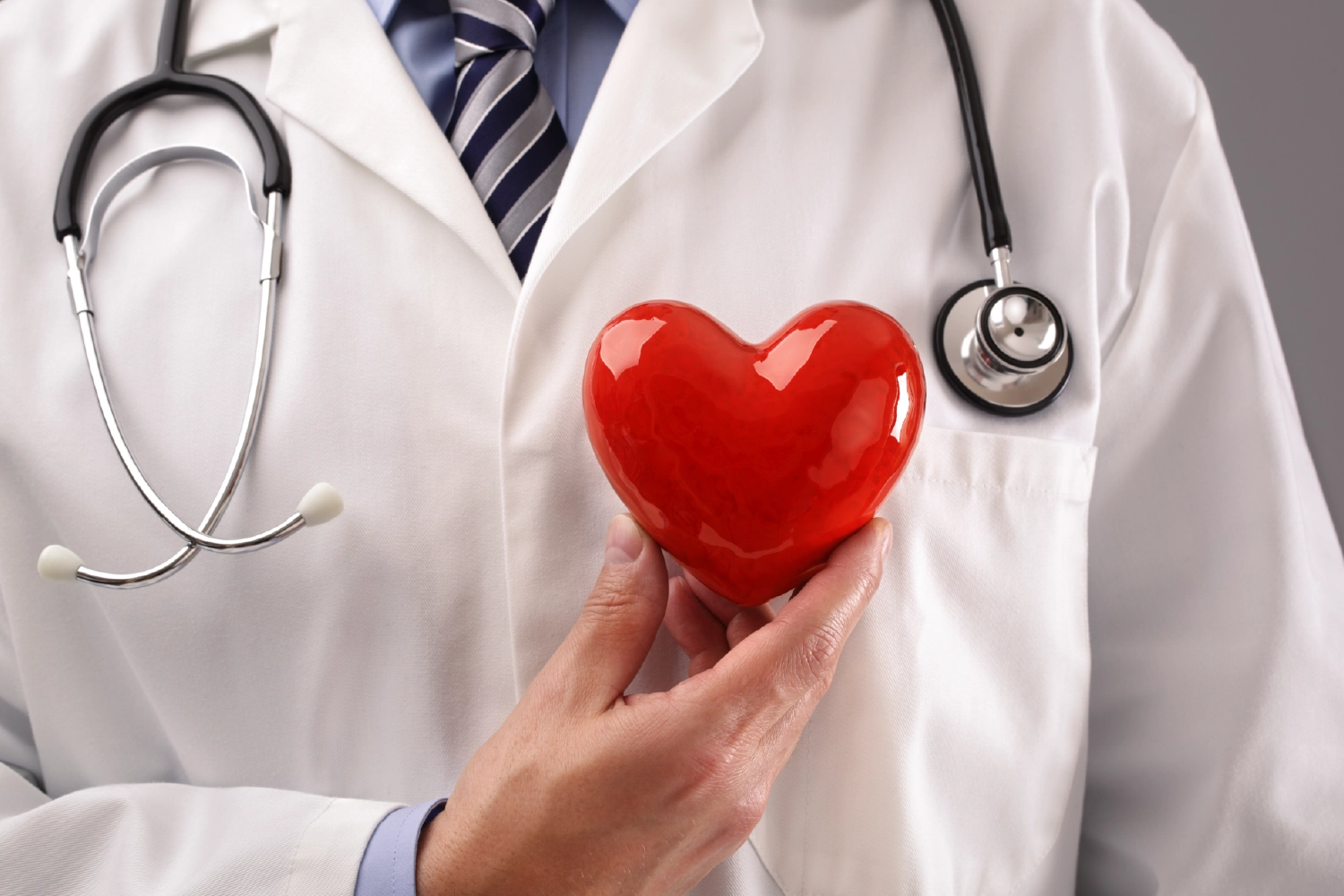
Healthcare Translation Services
- Medical Device Manuals
- Information for Use (IFU)
- Clinical Reports
- Medical Labeling and Packaging
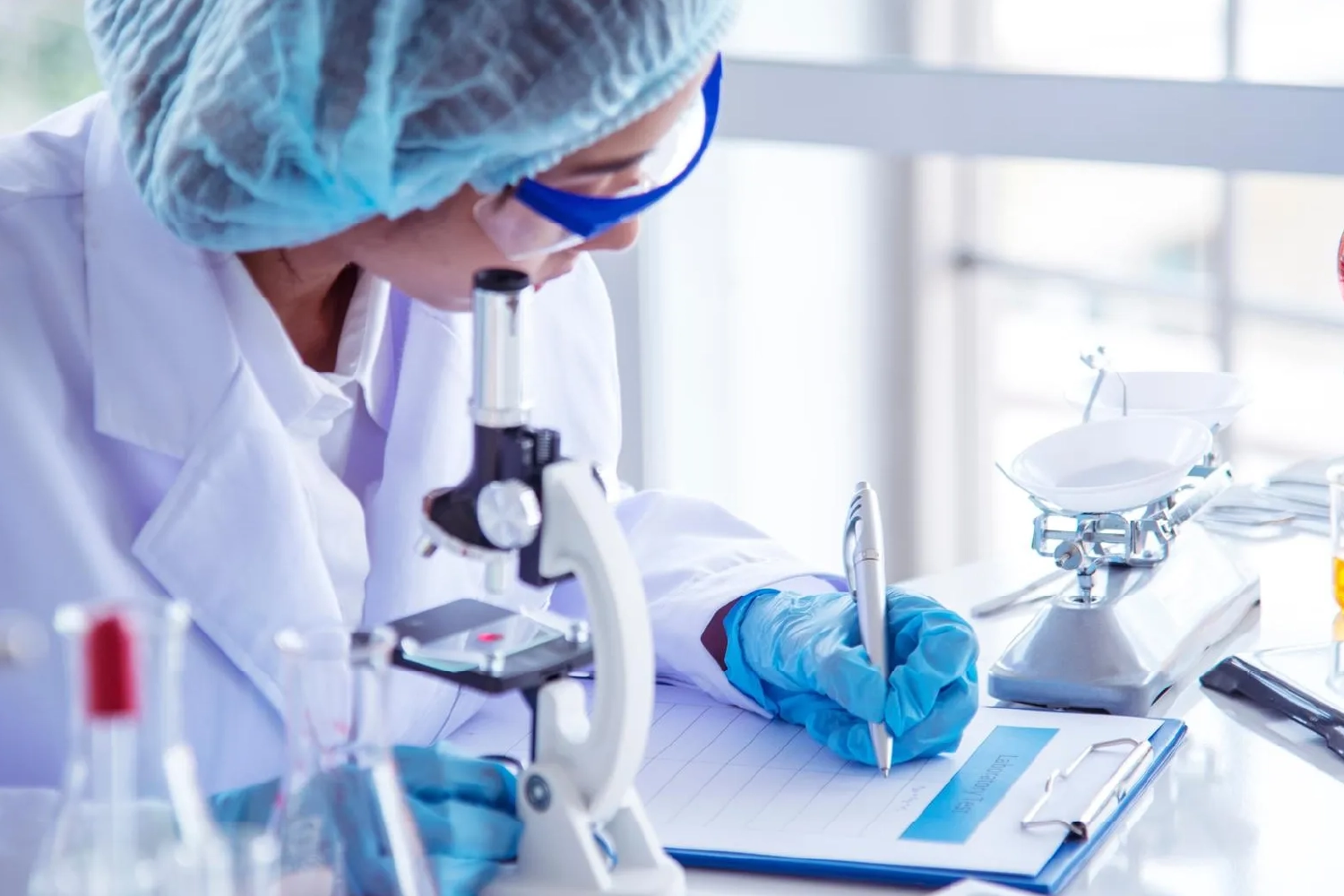
Clinical Trials Translation Services
- Clinical Protocol Documentation
- Clinical Study Reports
- Protocol Synopsis
- Case Report Forms (CRFs)
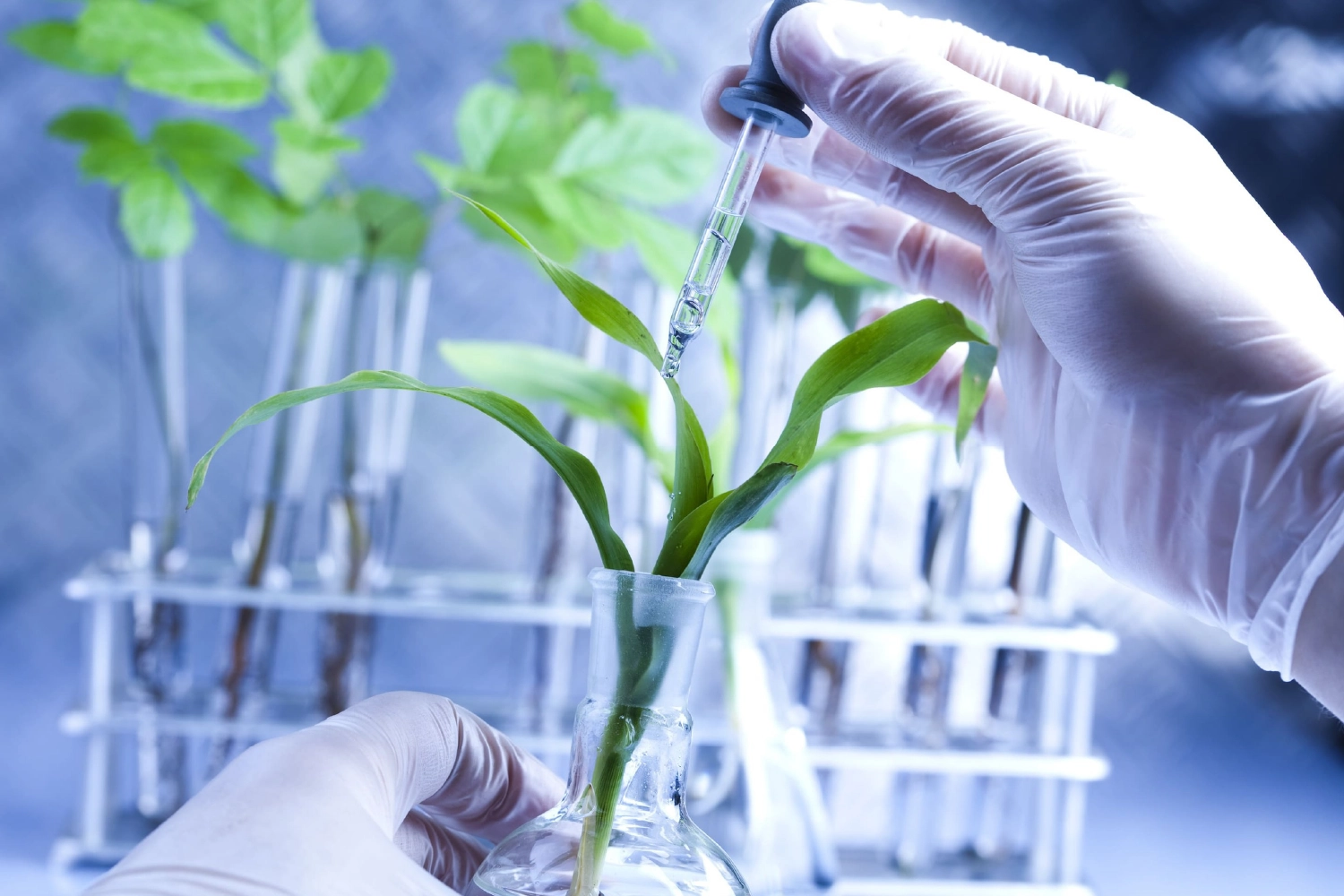
BioTechnology Translation Services
- Case Report Forms
- Quality Assurance Documents
- Clinical Research & Protocols
- Drug Inserts
In-country Subject-matter Experts
Our medical translators have at least 5 years of experience in the subject, whether biotechnology, pharmaceuticals, biomedical technologies, cosmeceuticals, nutraceuticals, biophysics, or neuroscience.
They aren’t only acquainted with the complexities of the target language but also know how to deal with the most complex subjects, finding the most fitting equivalent terminology in the target language for the trickest terms.
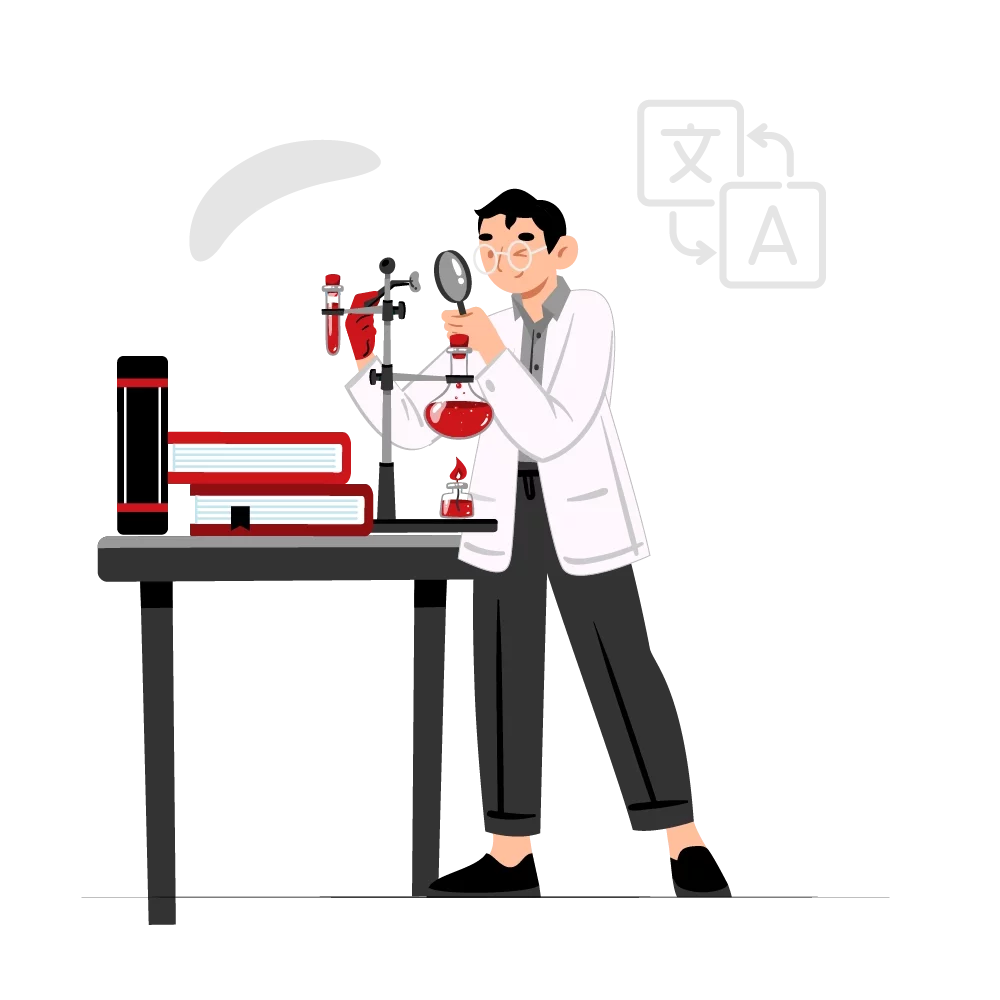
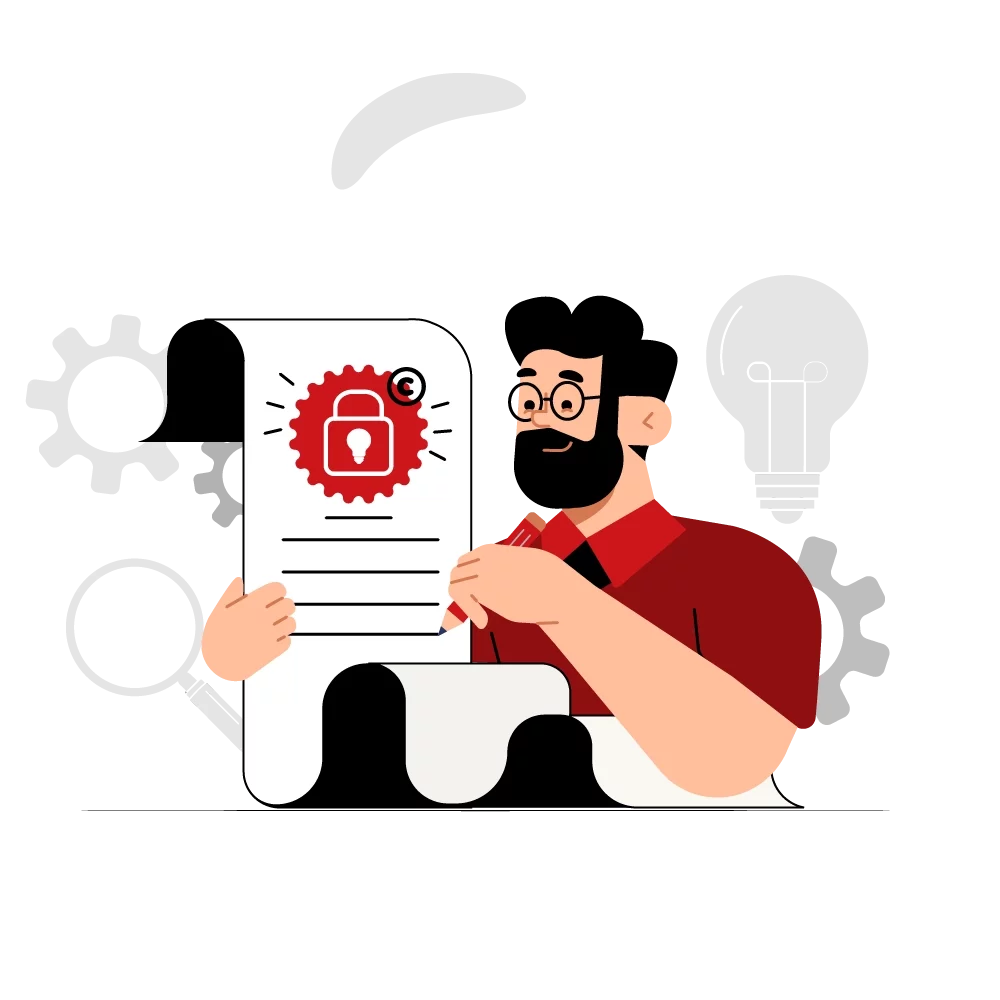
We Prioritize Confidentiality
Our commitment to confidentiality is comprehensive. We employ a range of stringent measures, from using secure communication channels and encryption technologies to implementing access controls and user authentication.
We also enforce strict confidentiality agreements, conduct regular security audits, and adhere to industry-specific regulations and standards for data privacy and security. This comprehensive approach ensures your healthcare organization’s highest level of data protection.
Life Sciences Translation Services for All Types of Content
- Text and Document Formats: TXT, PDF, DOC, DOCX, ODT
- Spreadsheet Formats: CSV, XLS, XLSX, ODS
- Presentation Formats: PPTX
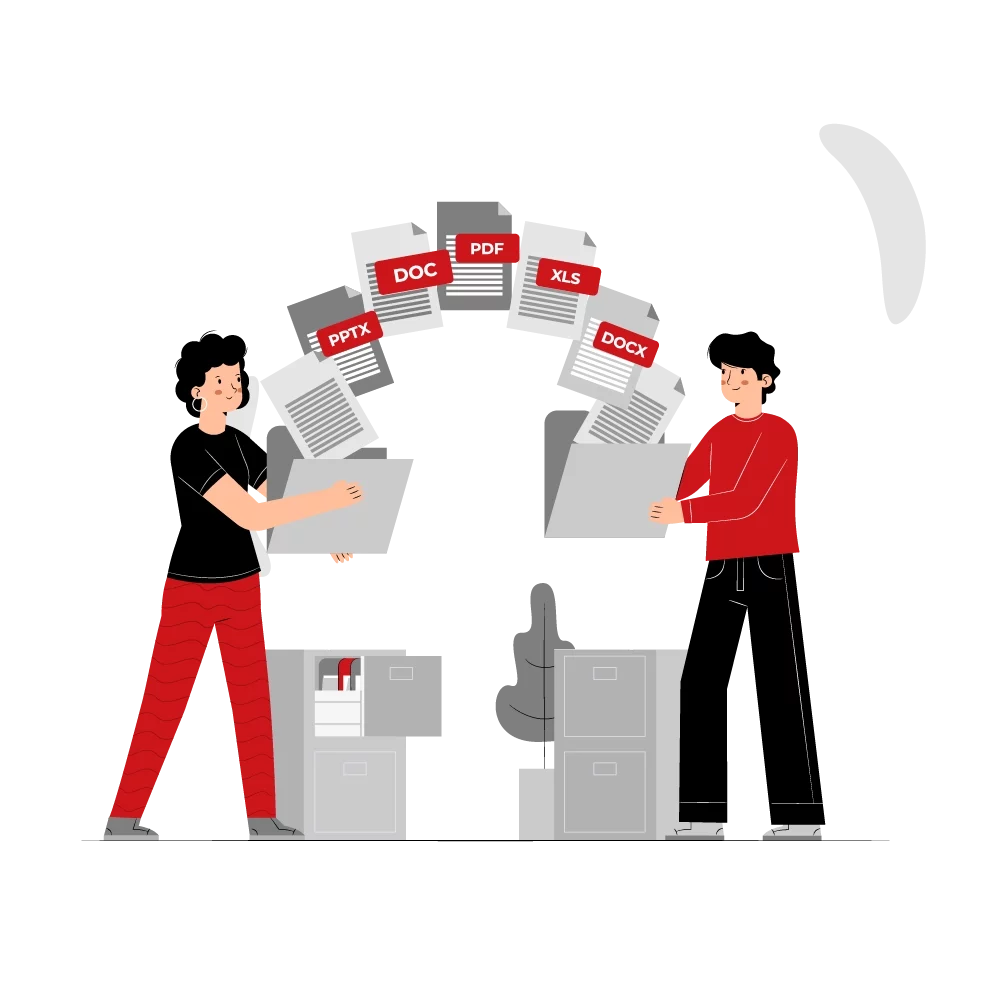
What clients say about our work
Legal Assistant
at Law Firm, USA
Product Manager
at Software Development Co.
Senior Manager Practice
at Management Consulting Co.
Expert Insights for Life Sciences
Clinical Trial Translation: 5 Key Challenges & How to Solve Them
The Complexities of Medical Records Translation Services
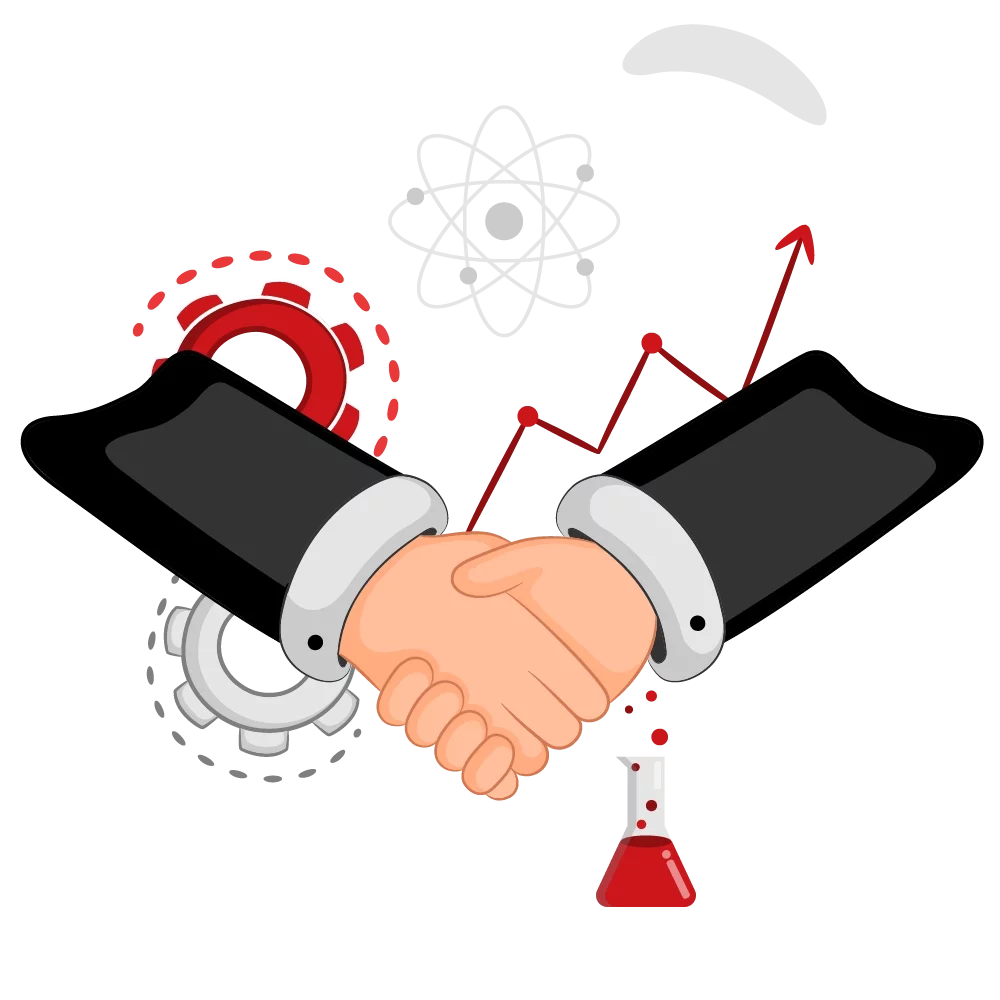
Your Reliable Partner for Your Life Science Projects
Frequently Asked Questions
Is Machine Translation Allowed for Life Sciences?
Machine translation has become increasingly prevalent in many fields. However, using it for this type of content is not recommended.
Machine translation struggles to deal with the complexity of life science industry terminology, understand cultural and linguistic nuances, and deliver regulatory-compliant translations in a highly regulated industry.
While AI tools may offer initial translation drafts, human review and editing are indispensable to refine the content, ensure consistent medical terminology use, verify factual accuracy, and apply specialist domain knowledge – essential for this field.
What Do Life Science Translators Do?
Life science translators specialize in translating documents and content related to the fields of biology, medicine, biotechnology, and pharmaceuticals.
These translators must have a deep understanding of both the source and target languages, as well as the specific terminologies and concepts of the life sciences. It is even much better that they are native to the target language and locally based in the target region.
So, What Are the Key Responsibilities of Life Science Translators?
- Translating regulatory documents and ensuring they are high-quality to meet the legal and compliance standards required in different countries.
- Ensuring that the content is appropriate for the target audience’s level of understanding, whether professionals in the field or laypersons.
- Adapting content to reflect cultural sensitivities and norms of the target audience, enhancing comprehension and acceptance.
- Handling sensitive medical information with the utmost confidentiality and adhering to ethical standards in translation.

